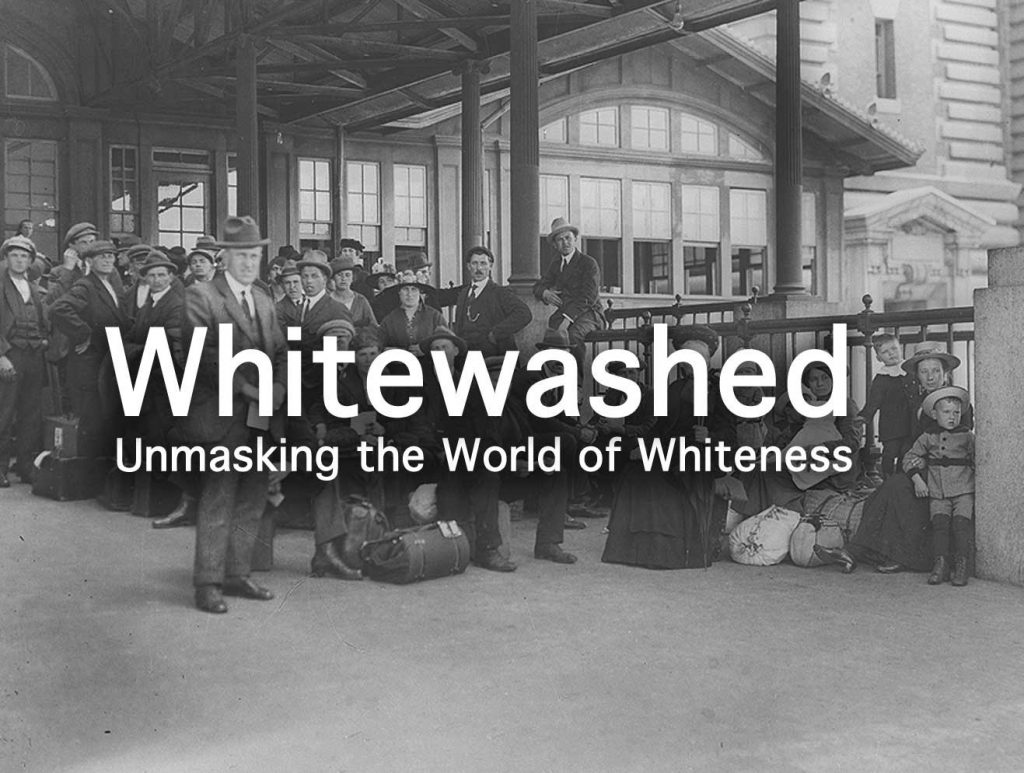In the compelling documentary, “Whitewashed,” the intricate world of white identity is laid bare through candid interviews and amateur footage collected over several years. Filmmaker Mark engages in conversations with white individuals, giving them a platform to reflect on race, racism, and the complex dynamics of being “white.” The film provides a thought-provoking exploration of the multifaceted nature of white identity and challenges viewers to confront deeply ingrained attitudes shaped by societal conditioning.
Through the testimonies captured in the documentary, we gain insight into the internal struggles and self-awareness of individuals as they grapple with the notion of racism. One interviewee openly admits, “I don’t have any trouble admitting that I’m a racist. I think it’s absurd to try to fight with that.” This raw admission raises profound questions about the impact of societal conditioning and how it shapes one’s psyche, highlighting the need for critical self-reflection and dismantling deeply ingrained biases.
Another participant expresses discomfort with their white identity, acknowledging the historical wrongdoings associated with it. They lament, “I don’t like being a white man, and that’s what I am because I know what I’ve done, what people like me have done.” This introspective perspective sheds light on the burden of acknowledging historical privileges and the responsibility that comes with it.
The documentary also explores the historical context of how white identity evolved. Participants discuss the process through which their ancestors became “white.” They attribute the concept of whiteness to assimilation in the United States, driven by the desire to improve socioeconomic status. The interviewees delve into the ways in which European immigrants altered their names, clothing, and cultural practices to conform to the dominant white culture, ultimately sacrificing their unique identities.
As the documentary unfolds, it becomes evident that whiteness is not merely an inherent identity but a construct that emerges through the negation of other races. Interviewees share insights into the societal pressure to conform and the privileges associated with being perceived as white. They emphasize that individuals deemed white had to relinquish their authentic cultural identities for the sake of assimilation into the dominant culture.
“Whitewashed” offers a nuanced exploration of white identity, unmasking the complexities that lie beneath the surface. The film challenges viewers to critically examine their own understandings of whiteness, urging them to confront the privileges and responsibilities that come with it. It sparks a necessary conversation about the ways in which individuals can actively dismantle systemic racism and strive for a more inclusive and equitable society.
By presenting the voices and perspectives of those reflecting on their white identity, “Whitewashed” provides an opportunity for self-reflection and collective introspection. It prompts viewers to confront uncomfortable truths, acknowledging the historical and contemporary implications of whiteness, and inspiring personal and societal transformation.

